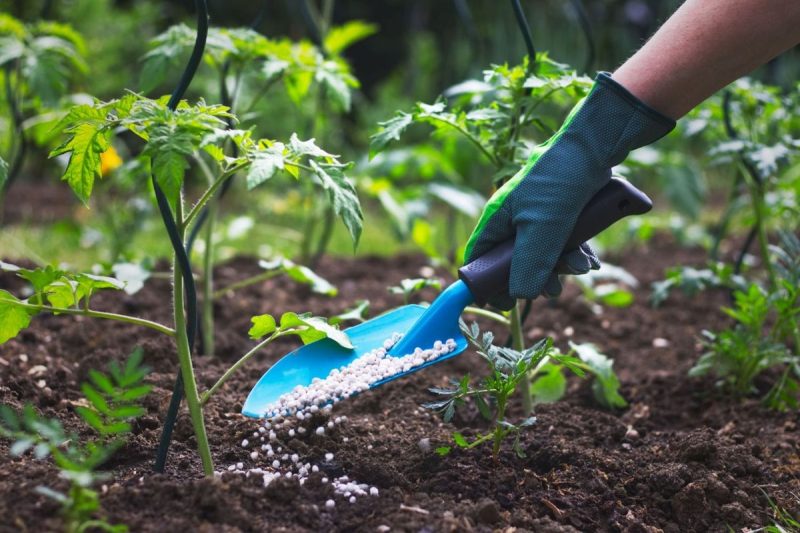Potassium – The Powerful Player in Potash
Potassium, a vital nutrient for plant growth, presents itself in the agriculture industry primarily in the form of potash. Potash, a common term used to refer to potassium-containing fertilizers, plays a crucial role in enhancing plant health and yields. Potassium, one of the three major nutrients needed by plants, alongside nitrogen and phosphorus, is essential for various cellular processes, water regulation, and overall plant health. The potassium component in potash comes in the form of potassium chloride (KCl), which is a key ingredient in many fertilizer formulations. Its significance in plant growth has made potash a staple in agriculture practices worldwide.
Potassium plays a multifaceted role in plant growth and development. It regulates water uptake and loss, aids in photosynthesis and enzyme activation, improves disease resistance, and enhances overall plant vigor. These essential functions make potassium a fundamental component in achieving optimal crop yields and quality. Potash fertilizers provide plants with the necessary potassium levels to support these critical processes, leading to healthier and more productive crops.
Potassium fertilizer applications are particularly important for crops that require higher potassium levels, such as fruits, vegetables, and certain grains. Potassium deficiency can manifest in plants through symptoms like yellowing leaves, weak stems, poor fruit quality, and increased susceptibility to pests and diseases. By supplying plants with sufficient potassium through potash fertilizers, growers can address these deficiencies and promote robust plant growth.
The application of potash fertilizers offers growers a reliable method to address potassium deficiencies in soil and support plant growth. Different forms of potash, such as potassium chloride, potassium sulfate, and potassium magnesium sulfate, provide varying levels of potassium and other nutrients to meet the specific needs of different crops and soil types. By selecting the appropriate potash formulation based on crop requirements and soil conditions, growers can optimize nutrient uptake and promote healthy plant development.
In conclusion, potassium, a key component in potash fertilizers, plays a crucial role in ensuring optimal plant growth and productivity. By recognizing the importance of potassium in plant health and understanding the benefits of potash fertilizers, growers can make informed decisions to support their crops’ nutrient requirements. Through proper potassium management and the strategic application of potash fertilizers, farmers can enhance crop yields, improve crop quality, and sustainably optimize agricultural productivity.
